Embryo Donation in Mexico: Your Guide to Prices and Inclusions

Embryo donation in Mexico offers a hopeful pathway to parenthood for many individuals and couples facing various fertility challenges. It involves the transfer of embryos that have been created by other couples (often through IVF) and subsequently donated. This process is increasingly popular due to its high success rates and, critically, its affordability, especially when compared to costs in countries like the United States or Canada.
If you are considering embryo donation as a fertility treatment option, understanding the financial aspects is a key part of your decision-making process. This guide will provide a detailed breakdown of the typical costs associated with embryo donation in Mexico, outlining what is generally included in the price, factors that can influence the final cost, and how these prices compare internationally. Our aim is to provide clarity and transparency for your fertility journey.
What is the average cost of embryo donation in Mexico?
The cost of embryo donation in Mexico can vary significantly depending on the clinic, the specific services included in a package, and the characteristics of the donated embryos. However, Mexico consistently offers a more affordable option compared to many other countries, making it a favored destination for fertility tourism.
This price usually encompasses the cost of acquiring the donated embryos (which are typically frozen) and the medical procedures for the recipient, primarily the frozen embryo transfer (FET). It's crucial to obtain a detailed quote from any clinic you consider, as inclusions can differ widely. Some clinics in popular medical tourism hubs like Cancun may quote figures on the higher end of this range due to their advanced facilities and experience with international patients, while others might be more competitive.
What services are typically included in embryo donation packages?
To provide a clear understanding of what you're paying for, here's a breakdown of services commonly included in an embryo donation package in Mexico:
- Donor Embryo Provision: Access to the clinic's embryo bank and the allocation of suitable donated embryos (often 1-2 embryos per transfer cycle). These embryos have usually been created by other couples who completed their families or decided not to use their remaining embryos.
- Embryo Thawing: The laboratory process of safely thawing the frozen donated embryos just before transfer. Clinics in Mexico often have high success rates for embryo survival post-thaw.
- Recipient's Endometrial Preparation: Medical consultations, ultrasound monitoring, and medications (like estrogen and progesterone) to prepare the recipient's uterine lining to be receptive to the embryo.
- Frozen Embryo Transfer (FET): The actual procedure where the thawed embryo(s) are gently transferred into the recipient's uterus. This is typically a quick and minimally invasive procedure.
- Initial Consultations: Some packages may include an initial consultation with the fertility specialist.
It is very important to confirm with your chosen clinic exactly what is covered in their quoted price, as additional costs for items like specific medications, genetic testing of the recipient, or multiple transfer attempts are often excluded.
What factors can influence the cost of embryo donation?
While embryo donation in Mexico is generally more affordable, several elements can affect your final expenditure:
- Number of Embryos: Some packages might offer a fixed number of embryos (e.g., 2 or 4), while others might charge per embryo or per successful transfer attempt.
- Additional Laboratory Techniques:
- Preimplantation Genetic Testing (PGT): If you opt for genetic screening of the donated embryos (e.g., PGT-A for chromosomal abnormalities), this will significantly increase the cost.
- Assisted Hatching: An optional lab technique that might be recommended to improve implantation rates.
- Recipient Medications: While the transfer procedure is included, the cost of the recipient's fertility medications (e.g., estrogen, progesterone) for uterine preparation can be several hundred to over a thousand dollars and is often an extra charge.
- Clinic Reputation and Technology: Highly sought-after clinics with cutting-edge technology and high success rates may charge more. The city where the clinic is located can also impact costs, with clinics in major tourist destinations sometimes being pricier.
- Multiple Transfer Attempts: If the first embryo transfer is unsuccessful, subsequent transfers (using remaining frozen embryos) will incur additional fees, although these are typically lower than the initial full cycle.
- Pre-transfer Screening for Recipient: Necessary diagnostic tests for the recipient to ensure uterine health and readiness for transfer (e.g., hysteroscopy, mock transfer) might be an extra cost.
- Travel and Accommodation: These are separate expenses and can add considerably to the total for international patients.
Always request a comprehensive, itemized quote to understand all potential costs upfront and compare "apples to apples" when evaluating different clinics for your embryo donation journey.
How does embryo donation in Mexico compare in cost to the USA or Canada?
The cost disparity is a major reason why Mexico is a preferred destination for embryo donation and other fertility treatments. Patients can achieve substantial savings without compromising on the quality of medical care.
Here's a general comparison:
Even when factoring in travel, accommodation, and any unforeseen additional expenses, the total cost for embryo donation in Mexico often remains considerably lower, making it a financially viable and appealing option for many aspiring parents.
Is embryo donation legal in Mexico?
Embryo donation in Mexico operates within a legal framework that is generally supportive of assisted reproductive technologies. Unlike some countries that have very strict or prohibitive laws regarding embryo donation and surrogacy, Mexico has a more permissive environment.
- Legal Practice: While there isn't a single comprehensive federal law specifically detailing every aspect of assisted reproduction, the practice of embryo donation is not prohibited and is carried out openly by fertility clinics.
- Regulatory Oversight: Clinics are regulated by the Mexican Ministry of Health under general health laws and often adhere to professional guidelines from organizations like the Latin American Network of Assisted Reproduction (REDLARA). Many top clinics also seek international accreditations to demonstrate their commitment to global standards.
- Anonymity: Embryo donation in Mexico is typically anonymous, meaning the identities of the donor parents and the recipient parents are kept confidential from each other. This is a common practice to protect privacy and mitigate potential future legal or personal complexities.
- Parental Rights: Once an embryo is transferred and a child is born, the recipients are legally recognized as the parents, and the donating couple has no parental rights or obligations.
- Screening: Reputable clinics conduct extensive medical and genetic screening of the couples who donate embryos to ensure the health and viability of the embryos and to prevent the transmission of genetic diseases.
It's always recommended to choose a reputable and experienced clinic when undergoing embryo donation in Mexico, and if you have specific legal concerns related to your home country, consulting with a family law attorney specializing in assisted reproduction is advisable.
Ready to explore your options for embryo donation in Mexico? PlacidWay can connect you with trusted fertility clinics that offer transparent pricing and dedicated support for your unique journey to building a family.


.png)
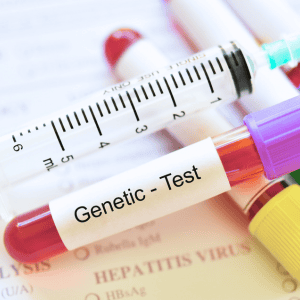
-Package-at-Advanced-Fertility-Center-Cancun,-Cancun,-Mexico.png)



.png)

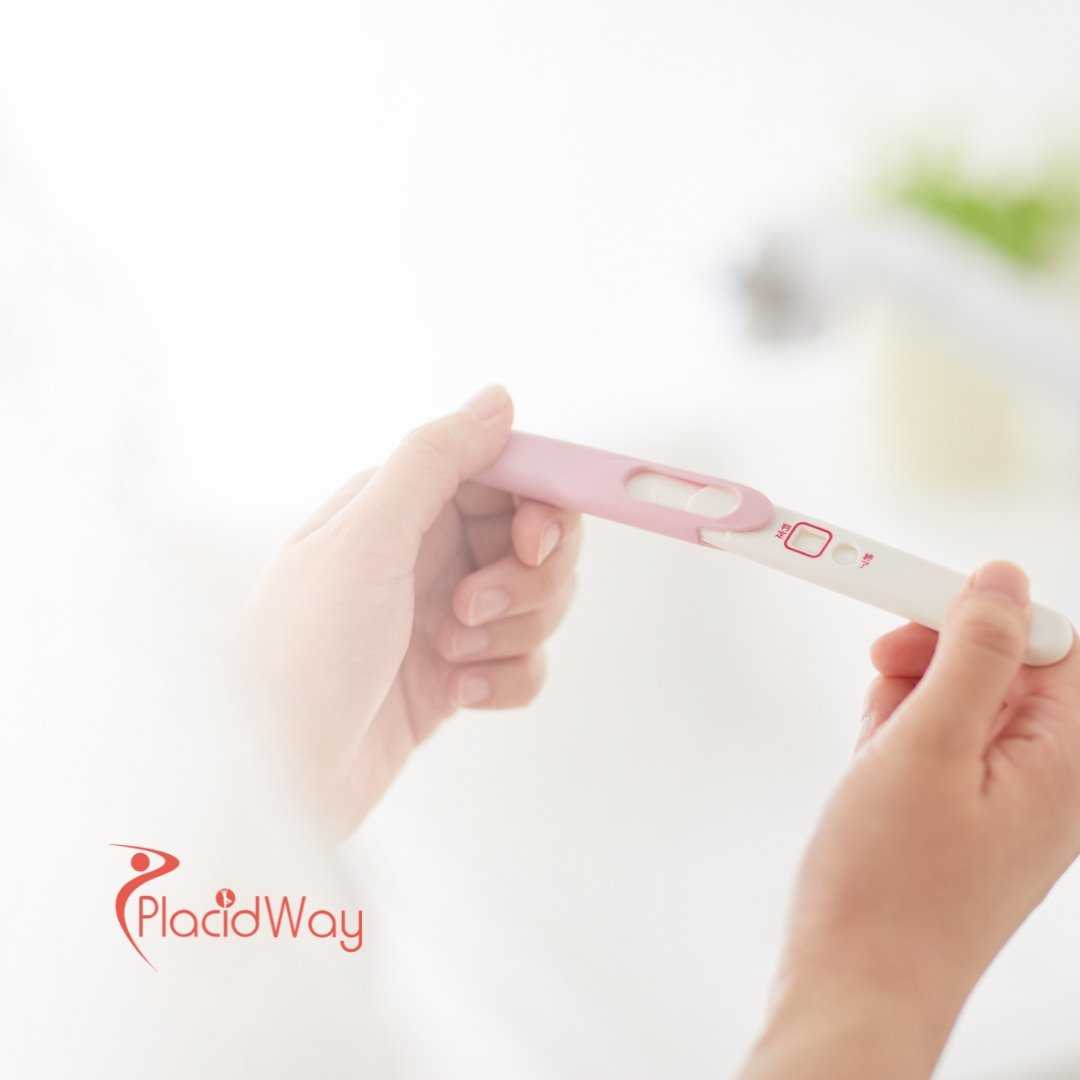
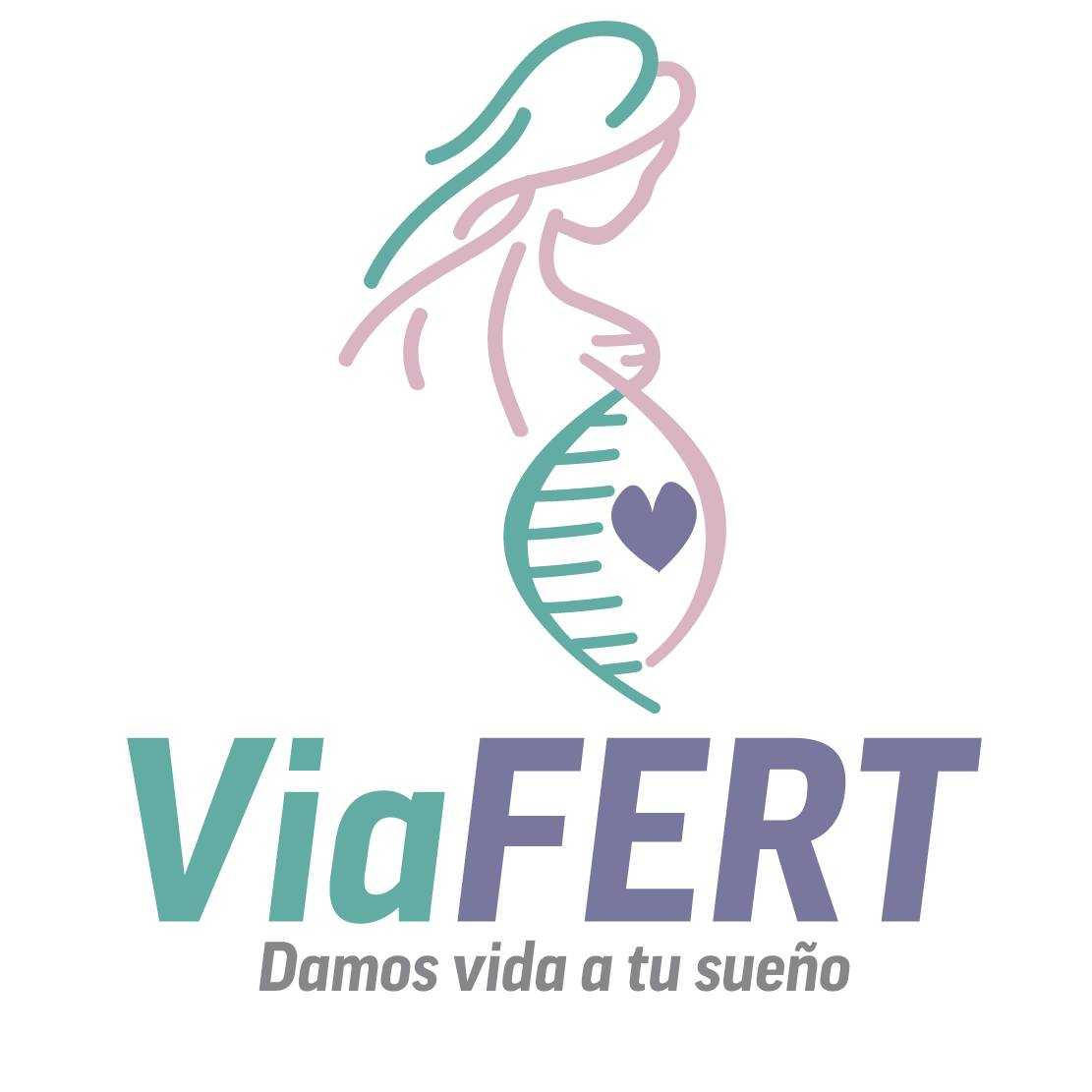

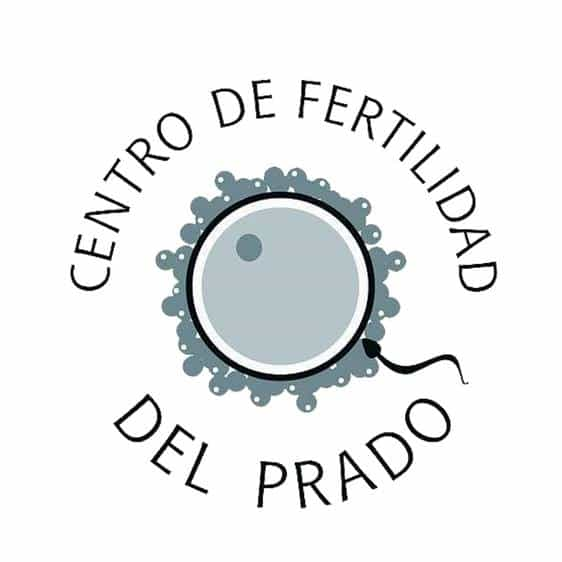

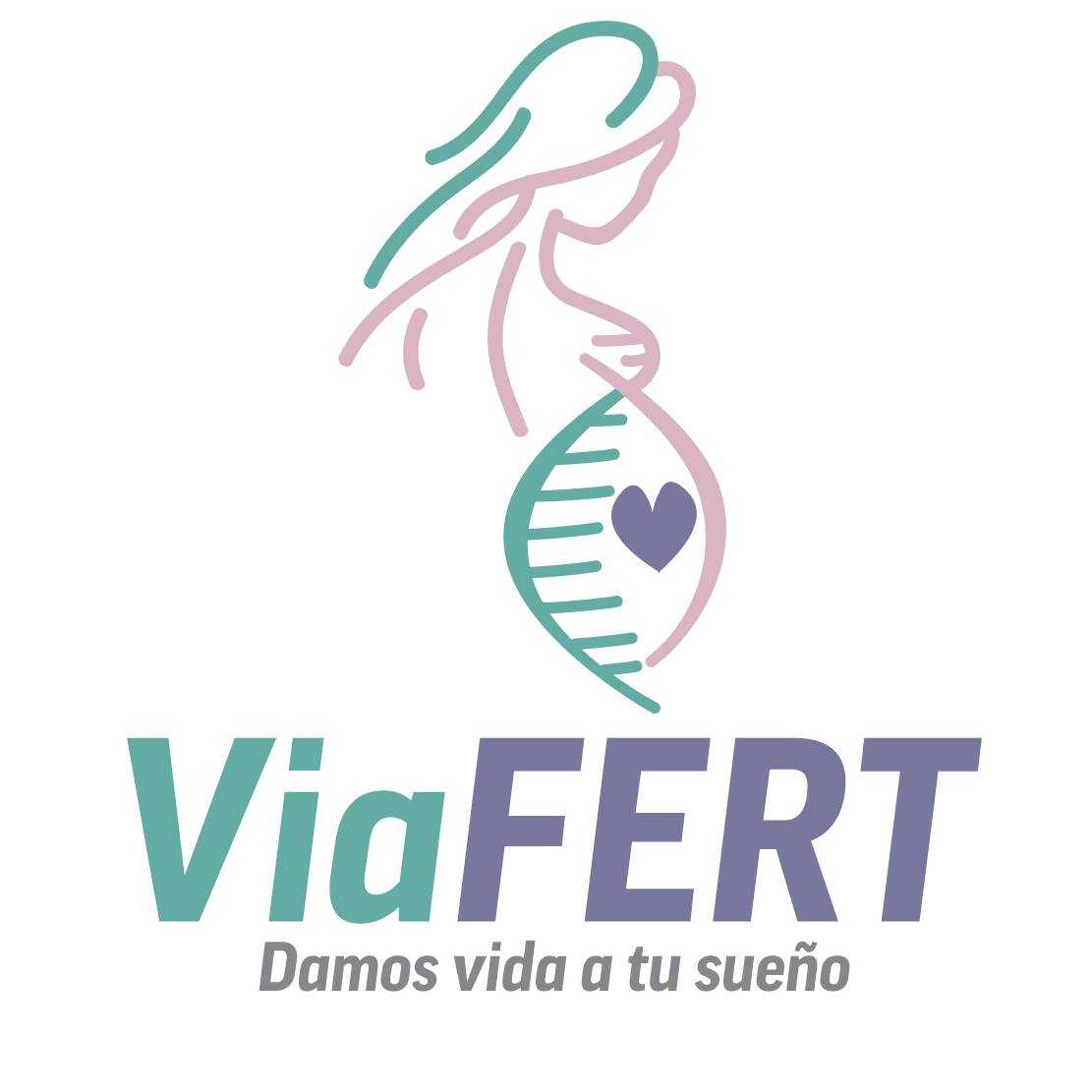

Share this listing